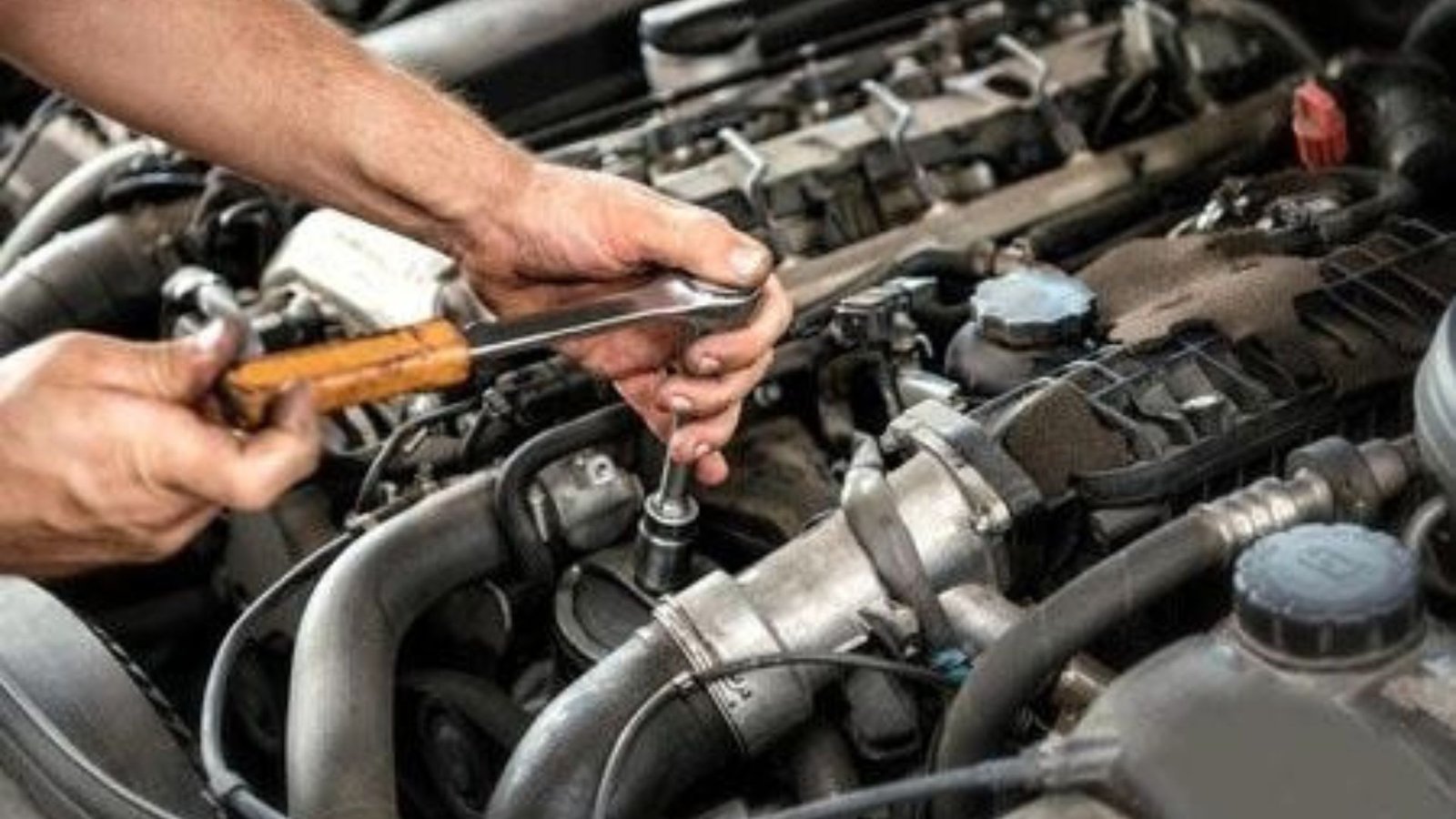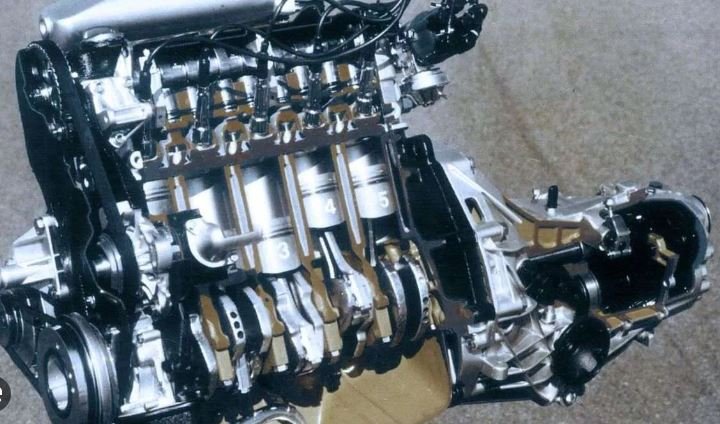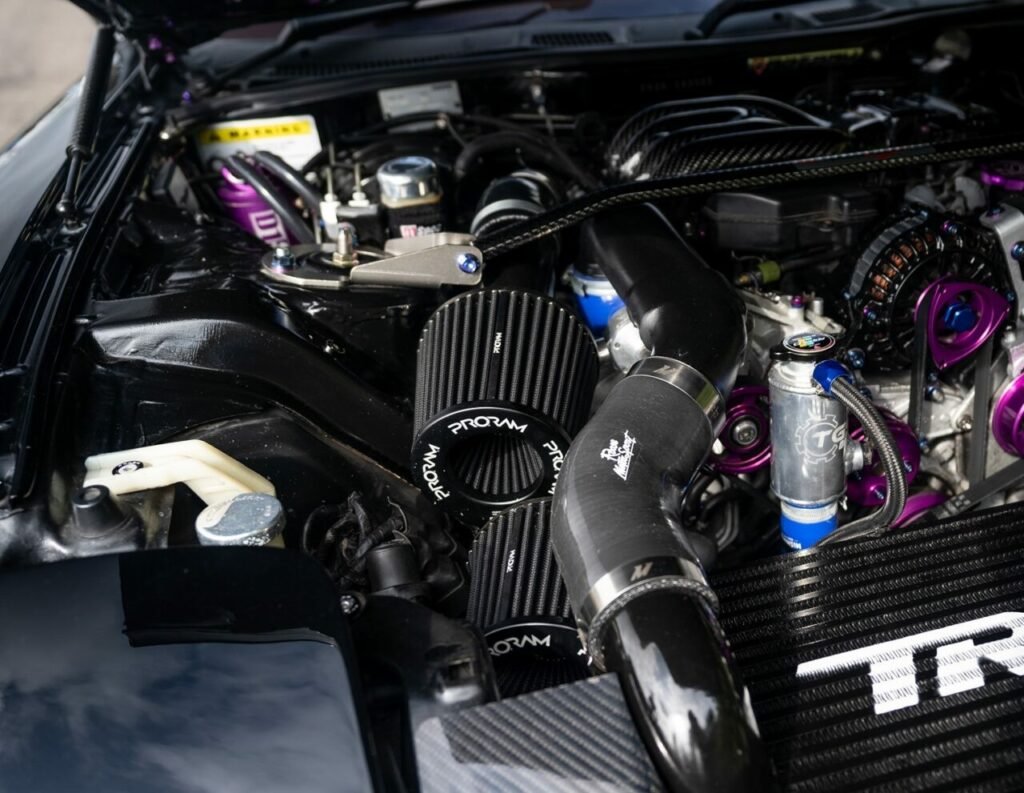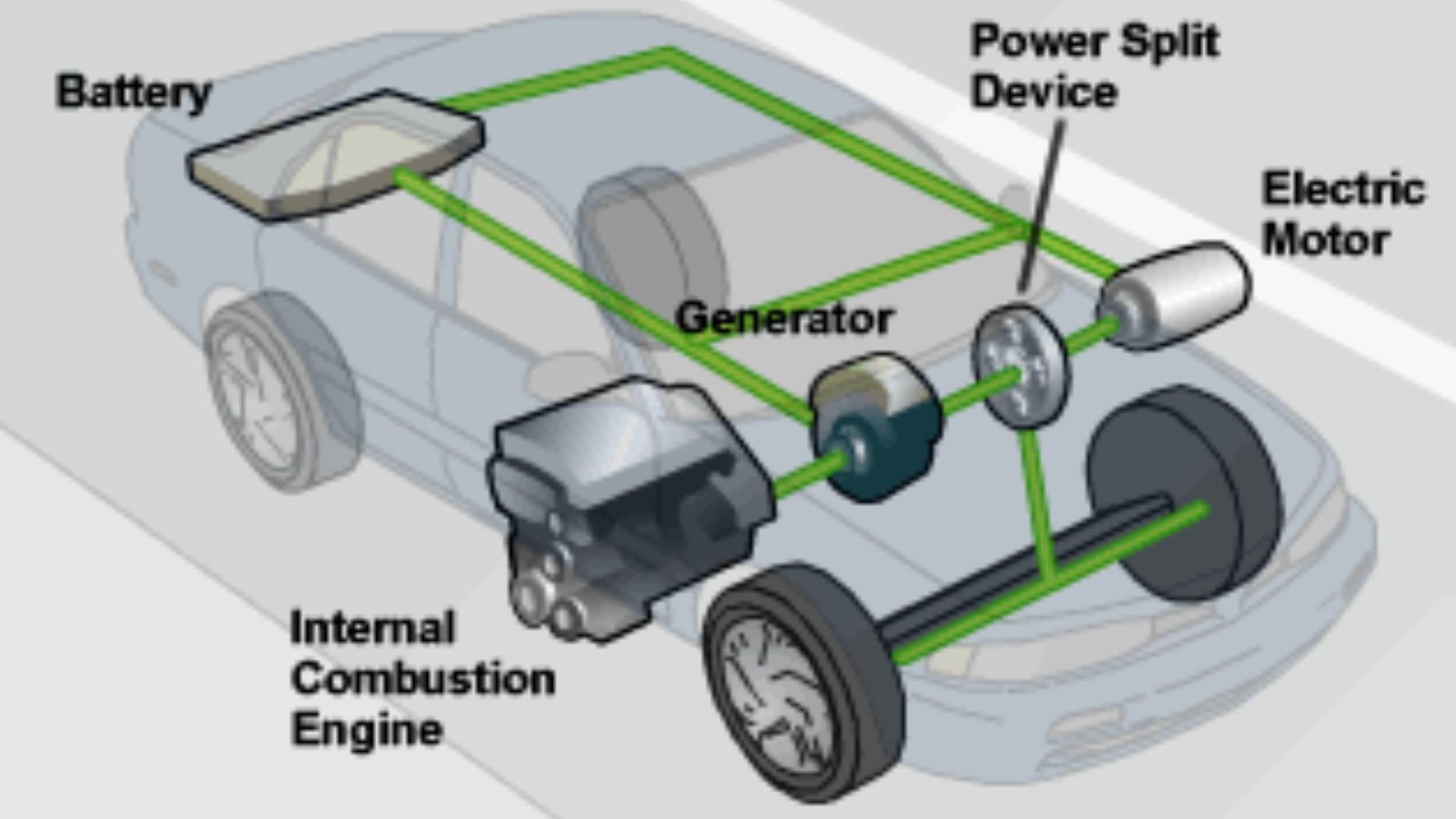An engine overhaul is a significant repair procedure that can breathe new life into an aging or malfunctioning engine. It involves disassembling, inspecting, and rebuilding the engine to restore its performance and extend its lifespan. Understanding when and why an engine overhaul is needed can help you make informed decisions about vehicle maintenance and repair. Here’s a guide to understanding engine overhauls and their importance.

1. What is an Engine Overhaul?
1.1 Definition
Overview: An engine overhaul is a comprehensive process that involves dismantling the engine, inspecting its components, and rebuilding it to restore its optimal performance.
Steps Involved:
- Disassembly: The engine is removed from the vehicle and taken apart.
- Inspection: Components are checked for wear, damage, or defects.
- Rebuilding: Worn parts are replaced or repaired, and the engine is reassembled.
Benefits:
- Restored Performance: Improves engine power and efficiency.
- Extended Lifespan: Can significantly extend the engine’s life.
Drawbacks:
- Costly: An overhaul can be expensive due to labor and parts.
- Time-Consuming: Requires a significant amount of time to complete.
2. Signs You Need an Engine Overhaul
2.1 Decreased Performance
Overview: A noticeable decline in engine performance, such as reduced power or poor acceleration, can indicate underlying issues.
Symptoms:
- Sluggish Acceleration: Engine struggles to gain speed.
- Reduced Power: Noticeable loss in power during driving.
Why It Happens:
- Worn Components: Internal parts may be worn out or damaged, affecting performance.
Action Needed:
- Inspection: Have a mechanic inspect the engine to determine if an overhaul is necessary.
2.2 Excessive Smoke
Overview: Excessive smoke from the exhaust can signal serious engine problems that may require an overhaul.
Types of Smoke:
- Blue Smoke: Indicates oil burning, possibly due to worn piston rings.
- White Smoke: May suggest coolant leakage into the combustion chamber.
- Black Smoke: Could indicate an overly rich fuel mixture.
Why It Happens:
- Internal Damage: Smoke often points to issues with internal engine components.
Action Needed:
- Diagnosis: Get a thorough engine diagnosis to identify the cause of the smoke.
2.3 Overheating
Overview: Frequent engine overheating can be a sign of serious issues that may necessitate an overhaul.
Symptoms:
- High Temperature Gauge: Engine temperature gauge often in the red zone.
- Steam from Engine: Visible steam or smoke due to overheating.
Why It Happens:
- Cooling System Failure: Problems with the cooling system or internal engine components.
Action Needed:
- Cooling System Check: Inspect the cooling system and engine for potential damage.
2.4 Unusual Noises
Overview: Unusual noises from the engine, such as knocking or grinding, can indicate internal problems.
Types of Noises:
- Knocking: Could be due to worn bearings or pistons.
- Grinding: May suggest issues with the timing gears or other internal parts.
Why It Happens:
- Worn Parts: Internal components may be worn out or damaged.
Action Needed:
- Professional Inspection: Have a mechanic inspect the engine to determine if an overhaul is needed.
2.5 Oil Consumption
Overview: Excessive oil consumption can be a sign of engine wear and may require an overhaul.
Symptoms:
- Frequent Oil Changes: Needing to add oil more often than usual.
- Oil Leaks: Visible oil leaks or drips under the vehicle.
Why It Happens:
- Worn Seals: Engine seals and gaskets may be worn, leading to oil leaks and consumption.
Action Needed:
- Engine Inspection: Check the engine for leaks and internal wear.
3. Benefits of an Engine Overhaul
3.1 Restored Performance
Overview: An engine overhaul can restore the engine to near-new performance levels.
Benefits:
- Improved Power: Engine will run with improved power and efficiency.
- Better Acceleration: Enhanced throttle response and acceleration.
Drawbacks:
- Cost: Initial expense can be high.
3.2 Increased Longevity
Overview: Rebuilding the engine can significantly extend its lifespan.
Benefits:
- Extended Use: An overhauled engine can continue to perform well for many more miles.
- Avoids Replacement: Can be more cost-effective than replacing the engine entirely.
Drawbacks:
- Time-Consuming: Takes time to complete, which may leave you without your vehicle temporarily.
3.3 Enhanced Fuel Efficiency
Overview: An engine overhaul can improve fuel efficiency by restoring proper engine function.
Benefits:
- Better Fuel Economy: With proper tuning and repaired components, the engine can operate more efficiently.
- Reduced Emissions: Cleaner combustion results in lower emissions.
Drawbacks:
- Initial Investment: Requires an upfront cost, but can lead to savings in fuel over time.
4. When to Consider an Engine Overhaul
4.1 High Mileage Engines
Overview: Engines with high mileage may benefit from an overhaul to address wear and tear.
Considerations:
- Age and Usage: Engines that have been heavily used or have high mileage are prime candidates for overhauls.
4.2 Persistent Issues
Overview: If your engine has persistent issues that haven’t been resolved by other repairs, an overhaul might be necessary.
Considerations:
- Repeated Repairs: Ongoing problems despite repairs may indicate a need for a thorough overhaul.
4.3 Cost-Effectiveness
Overview: Consider an overhaul if it’s more cost-effective than replacing the engine or vehicle.
Considerations:
- Repair vs. Replacement: Compare the cost of an overhaul with the cost of a new engine or vehicle.
Conclusion
An engine overhaul is a major but potentially rewarding repair that can restore your engine’s performance, extend its lifespan, and improve fuel efficiency. Recognizing the signs that indicate the need for an overhaul, such as decreased performance, excessive smoke, and unusual noises, can help you make timely decisions. Weigh the benefits and costs to determine if an overhaul is the right choice for your vehicle. Properly executed, an engine overhaul can offer significant improvements and ensure continued reliability and efficiency.




